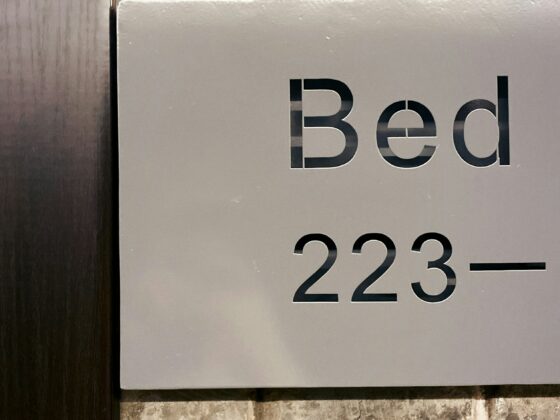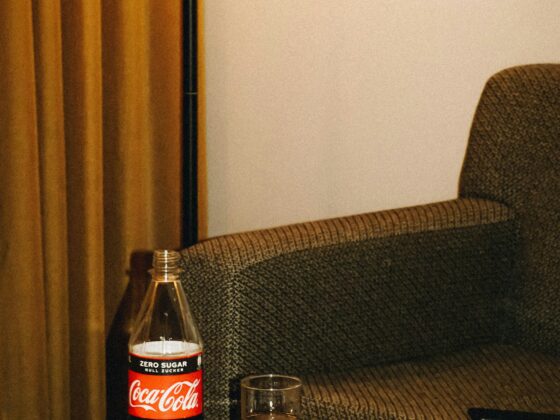
Wimbledon is not a hotel. But it understands service better than most.
Step onto the grounds and tradition is everywhere. Players in white. Hushed crowds. An orderly queue for strawberries and cream. But look closer and you’ll see something else: operational excellence, consistent delivery and quiet innovation driven by purpose.
And if you’re in hospitality, there’s more to take from it than you might think. In this article, we take a look at what hoteliers can learn from Wimbledon about:
- Performing under pressure
- Anticipating guest needs
- Balancing legacy with modern expectations
- Operational excellence
- Good and bad guest experiences
- Service as an art form
1. Performing under pressure
Every second counts at Wimbledon and everyone is under pressure to perform, no matter what. Ball boys and girls sprint, not stroll. Line judges don’t flinch even when a ball moving faster than a speeding car is coming straight at them.
The tournament moves fast, and the team behind the scenes keeps the experience running smoothly. It looks effortless, but it’s not. That’s what great service is: calm on the surface, disciplined underneath.
Hotels face the same pressure. A guest complains. A room’s not ready. Tech goes down. How will you deal with it? What will your guests see? The ability to stay calm, deliver consistently and adapt in real time separates a good hotel from a forgettable one.
2. Anticipating guest needs
One of the most impressive things about Wimbledon is how the players are served. The ball kids and support teams anticipate every move. Towels, water, rackets – whatever’s needed is ready before it’s asked for. The players don’t need to speak. Everything is noticed, timed and delivered with precision.
In hospitality, the best service happens before a guest even thinks to ask:
- Offering a late check-out before they request it
- Replacing a half-empty water bottle without fanfare
- Noticing a family needs extra towels before they call
That’s what excellent hotel service looks like too – being one step ahead. The check-in process that flows without questions. The room set up the way the guest likes it. The restaurant that remembers an allergy without being reminded. None of that happens by accident.
3. Balancing legacy with modern expectations
Wimbledon is a place that values tradition. The dress code, the grass courts, the etiquette; it hasn’t changed much over the years. But if you look behind the curtain, it’s a modern operation. There are cutting-edge technologies in use. The scheduling is highly optimized. The data tracking and logistics are meticulous.
Hotels don’t need to compromise on tradition to be modern:
- Keep the signature scent in the lobby, but automate check-in
- Maintain your classic brand feel, but make room access mobile
- Stick to your values, but rethink what really improves the guest experience
You can be classic and current at the same time. What matters is finding ways to improve without losing your identity. To keep traditions alive while still evolving.
4. Operational excellence
Wimbledon is known for its consistency. There’s a reason the event runs smoothly year after year. It comes down to process. Every staff member knows their role. The standards are high, and they’re enforced through repetition and clarity.
Hotels can fall into the trap of focusing on the aesthetics and ignoring the engine underneath. The lobby can look beautiful, but if the systems are slow or the staff aren’t confident in the basics, the experience breaks down. Operational excellence is about structure, training and repetition. Not glamorous, but meaningful.
5. Good and bad guest experiences
Tennis is emotional. You can feel the tension shift point by point. The pressure is constant. Hospitality is emotional, too. Guests arrive tired, excited, anxious, distracted:
- A frazzled guest might need quiet efficiency
- A honeymooning couple wants warmth and enthusiasm
- A solo business traveler probably just wants speed and Wi-Fi that works
Not every experience at Wimbledon is perfect. People will sit in the wrong seats, get stuck in long queues, miss a key moment. And yet the organization doesn’t collapse. Staff are present. They handle issues with professionalism and empathy.
In hotels, even with the best planning, things go wrong. What defines the guest experience is how the team responds. Being understanding and ready to fix things quickly matters more than never making mistakes. Small gestures, quick recoveries, and human responses are often remembered more than the original issue.
Being emotionally aware is what may turn a poor review into a glowing one.
6. Service as an art form
There’s a kind of choreography to the way Wimbledon serves. The way staff move, hand things off, stand at attention; it’s all deliberate and practiced. And it leaves an impression.
In hospitality, the best service also feels this way. It’s not forced or mechanical. It’s smooth, confident, and full of care. Your staff should take pride in what they do and see service as something worth doing well every single time.
Wimbledon works because every part of it has been thought through. Nothing feels accidental. It’s a reminder that strong service comes from clarity, consistency, and knowing exactly what you’re aiming for.
Hospitality can be just as powerful when it blends the old and the new, the human and the tech, the front-of-house and the behind-the-scenes.
Serve it well, and they’ll remember you.
For more on what hoteliers can learn about service from Wimbledon, check out the latest Matt Talks episode on what hoteliers can learn from serving at Wimbledon.
About Mews
Mews is the leading platform for the new era of hospitality. Powering over 12,500 customers across more than 85 countries, Mews Hospitality Cloud is designed to streamline operations for modern hoteliers, transform the guest experience and create more profitable businesses. Customers include BWH Hotels, Strawberry, The Social Hub and Airelles Collection. Mews was named Best PMS (2024, 2025) and listed among the Best Places to Work in Hotel Tech (2021, 2022, 2024, 2025) by Hotel Tech Report. Mews has raised $410 million from investors including Growth Equity at Goldman Sachs Alternatives, Kinnevik and Tiger Global to transform hospitality.





